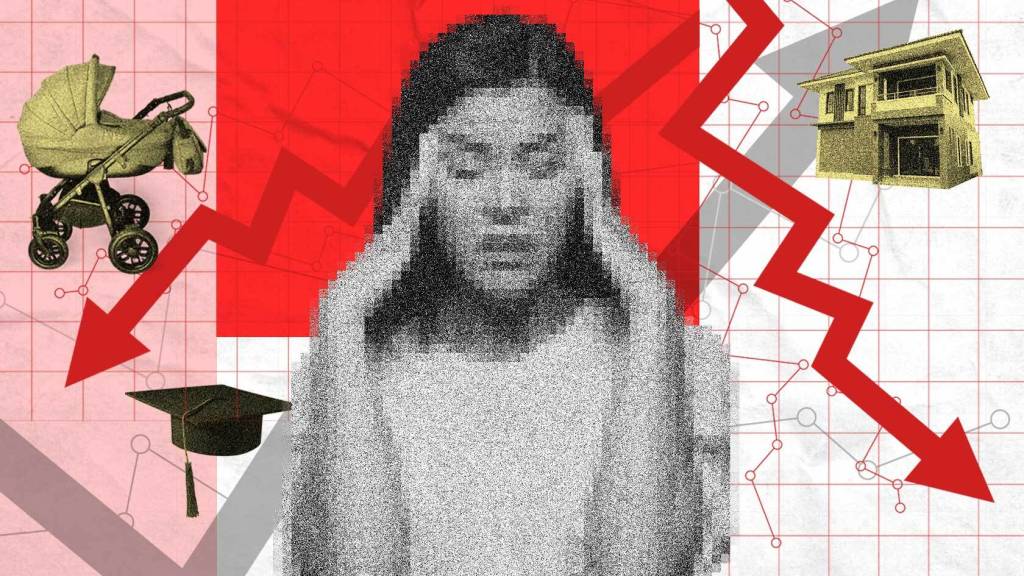
Australia is witnessing a growing generational divide, as young Australians today grapple with challenges that their parents and grandparents could scarcely have imagined. Despite unprecedented access to education and information, many young people find themselves in precarious financial situations, burdened by debt, and facing significant mental health challenges. This paradoxical situation poses serious implications for the social fabric of the nation.
Financial, educational, and employment insecurities are converging, impacting the mental health and psychological well-being of young Australians. These pressures influence how they form relationships, start families, and engage with society and politics. The situation raises critical questions about the future of a generation that feels increasingly left behind.
Financial Strain and Housing Affordability
The financial landscape for young Australians is fraught with difficulties. Rising property prices have made home ownership a distant dream for many. According to recent data, the median house price in major cities like Sydney and Melbourne has skyrocketed, leaving young people struggling to enter the housing market.
“The average house price in Sydney has exceeded $1 million, making it one of the most expensive cities in the world relative to income,” reports the Australian Bureau of Statistics.
This housing crisis is compounded by stagnant wage growth, which has not kept pace with the cost of living. As a result, many young Australians are forced to live with their parents longer or rent in a competitive market where prices continue to climb.
Educational Debt and Employment Challenges
While higher education is more accessible than ever, it comes at a steep price. Many young Australians graduate with significant student debt, which can take years to repay. This financial burden is exacerbated by a job market that is increasingly competitive and often offers precarious employment.
According to Dr. Sarah Thompson, an economist at the University of Melbourne, “The gig economy has created opportunities but also instability. Young people are often stuck in casual or contract roles without the security of permanent employment.”
This lack of job security not only affects financial stability but also contributes to stress and anxiety, further impacting mental health.
Mental Health Crisis Among Young Australians
The pressures of financial insecurity and employment instability are taking a toll on the mental health of young Australians. Reports indicate a rise in anxiety and depression among this demographic, with many struggling to cope with the demands of modern life.
“Mental health services are stretched thin, and young people often face long wait times for support,” says Dr. Emily Carter, a clinical psychologist specializing in youth mental health.
The stigma surrounding mental health issues can also deter young people from seeking the help they need, exacerbating the problem. This mental health crisis not only affects individuals but also has broader societal implications, influencing everything from productivity to social cohesion.
Implications for the Future
The challenges faced by young Australians today have far-reaching implications for the country’s future. As this generation struggles with debt, housing, and mental health, there is a risk of increased social inequality and division. Policymakers are urged to address these issues with targeted interventions that can provide relief and support to young people.
Experts suggest measures such as affordable housing initiatives, educational reforms to reduce student debt, and improved access to mental health services as potential solutions. Without significant action, the generational divide may continue to widen, with lasting consequences for Australia’s social and economic landscape.
As Australia looks to the future, the well-being of its young people will be a crucial determinant of the nation’s success. Addressing these challenges head-on is essential to ensuring a prosperous and equitable society for all.







